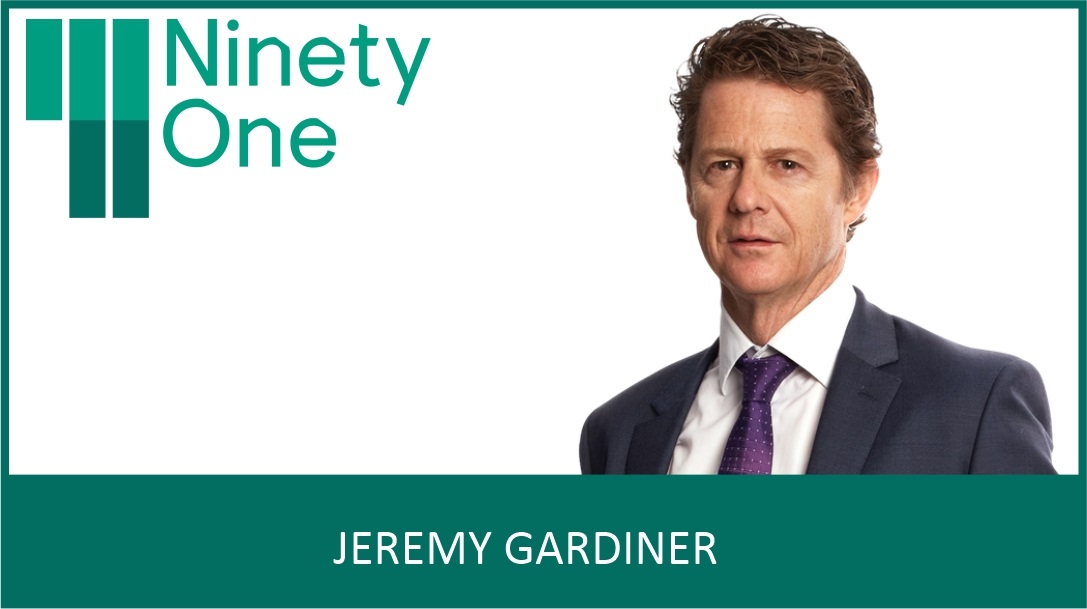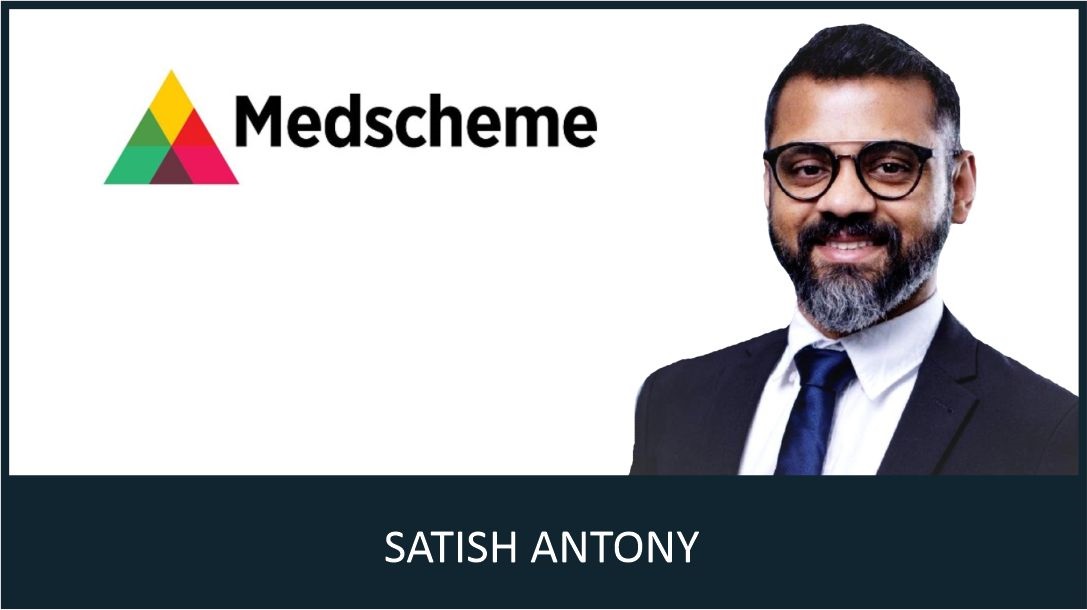Miranda Rasehala, Legal Advisor at FNB South Africa
The King Code on Corporate Governance has, over the past three decades, shaped governance practice across South Africa. Although it is not legislation, it operates on the “apply and explain” basis and has become an important benchmark for good governance across both the private and public sectors. King V, the newly published iteration of the Code, builds on the foundations of King IV but places even stronger emphasis on ethical leadership, prudent control, legitimacy and systems-value creation. Although the Code is written with companies and other juristic entities in mind, its governance principles have long been adopted by the boards of retirement funds, which manage substantial assets and exercise fiduciary duties on behalf of their members. This article considers how the King V Code’s nine-year independence tenure is likely to affect independent trustees serving on the boards of umbrella funds.
Traditionally, retirement funds have relied on PF130 as the primary governance reference point. However, PF130 was issued more than a decade ago by the then Financial Services Board (now the Financial Sector Conduct Authority) and predates the Financial Sector Regulation Act, the COFI Bill, contemporary governance expectations and the supervisory approach now used by the FSCA and the Prudential Authority. In several engagements with industry, the FSCA has indicated that PF130 will be reviewed and updated to align with modern governance standards, particularly as COFI ushers in a more principles-based and outcomes-focused regulatory regime. As a result, many funds already supplement PF130 with King IV, and now increasingly King V, to ensure that their governance frameworks remain current and reflective of best practice.
The FSCA has not yet prescribed any formal tenure limits for retirement-fund trustees. Its public communications have focused mainly on trustee competence, training, accurate reporting of board-member data and broader governance effectiveness. There is, however, growing regulatory interest in board composition, independence and governance maturity. As PF130 is updated, it is likely that the issues of independence, board refreshment and tenure will receive closer attention.
King V makes a very clear recommendation on tenure as part of its independence assessment. Under Recommended Practice 42(h), a governing-body member should not ordinarily be categorised as independent if they have served for longer than nine years. This is not framed as an absolute prohibition, but it is a strong signal that long tenure may undermine, or be perceived to undermine, independence. The Code further requires that if an organisation chooses to treat a long-serving member as independent despite exceeding the nine-year mark, the governing body must record and explain its rationale.
The rationale behind this recommendation is straightforward. While long service brings deep institutional knowledge, it can also create a level of familiarity with officers of the fund, service providers or the sponsor that makes objective oversight more difficult. Perception matters in fiduciary governance. Independence is a state of mind and a matter of public confidence. King V therefore aims to support stronger, more credible independence assessments by introducing a clearer tenure parameter.
When applied in the retirement-fund context, especially for umbrella funds, the implications are significant. Umbrella funds operate within complex commercial arrangements and often have a level of sponsor involvement that is more pronounced than in stand-alone funds. Independent trustees are therefore essential for maintaining objectivity, safeguarding member interests and balancing the various stakeholder dynamics at play. A tenure framework grounded in King V’s nine-year guideline encourages boards to approach independence more deliberately, rather than relying on long service as a default indicator of stability.
Adopting a nine-year benchmark for independent trustees may also enhance confidence among participating employers, unions and members. It demonstrates that the board values fresh perspective, reduces familiarity risk and acknowledges that independence can erode over time, even if subtly. Regular board refreshment can improve the quality of debate, support diversity of thought and strengthen governance resilience.
Beyond the question of tenure, the demand for skilled, credible and genuinely independent trustees is becoming increasingly important in the current landscape of umbrella funds. The growth of commercial umbrella arrangements, many of which service thousands of participating employers who have no relationship with one another, has transformed the governance environment. Umbrella funds commonly apply for and receive exemptions from the employer-representation requirements in section 7A of the Pension Funds Act. In place of the traditional 50/50 board structure that would ordinarily require employer and member representation, many umbrella funds choose to appoint independent trustees as part of their governance model. This reflects a broader industry shift towards professional, impartial oversight as a mechanism to safeguard the interests of a highly diverse membership base.
In this context, the role of the independent trustee has become more central. Independence is no longer simply a desirable feature; It is increasingly a structural necessity in an environment where individual employers may not have, or may not wish to exercise, the scale or cohesion required to represent member interests adequately. The governance burden on independent trustees in umbrella funds is therefore substantial. They must balance sponsor influence, navigate complex commercial arrangements and exercise objective judgement across a wide and heterogeneous constituency. King V’s tenure guideline becomes particularly relevant here, as it encourages a disciplined approach to maintaining independence in precisely the type of environment where familiarity and embedded relationships can easily take root.
However, tenure rules must be balanced with the operational realities of umbrella funds. These funds manage large member populations, complex administrative arrangements and significant regulatory obligations. Long-serving trustees often carry valuable technical knowledge and historical insight that support continuity and informed oversight. A rigid or abrupt application of the nine-year guideline without proper succession planning could temporarily weaken governance capacity. For this reason, tenure policies should be applied thoughtfully, supported by staggered rotations, strong induction processes and structured handovers.
Looking ahead, the anticipated review of PF130 and its alignment to COFI will likely prompt a more formalised approach to trustee independence, conflict-management and tenure. Funds that proactively incorporate King V’s guidance now will be better placed to adapt when regulatory expectations evolve. Moreover, demonstrating a mature, well-reasoned approach to tenure signals strong governance to regulators and fund members alike.
The King V tenure recommendation should therefore be viewed not as a rigid rule, but as an opportunity for umbrella funds to deepen their governance maturity. When applied mindfully, it supports independence, enhances transparency, protects member interests and strengthens the long-term legitimacy of the board while still preserving the continuity and expertise needed for effective fiduciary oversight.
ENDS

























































































